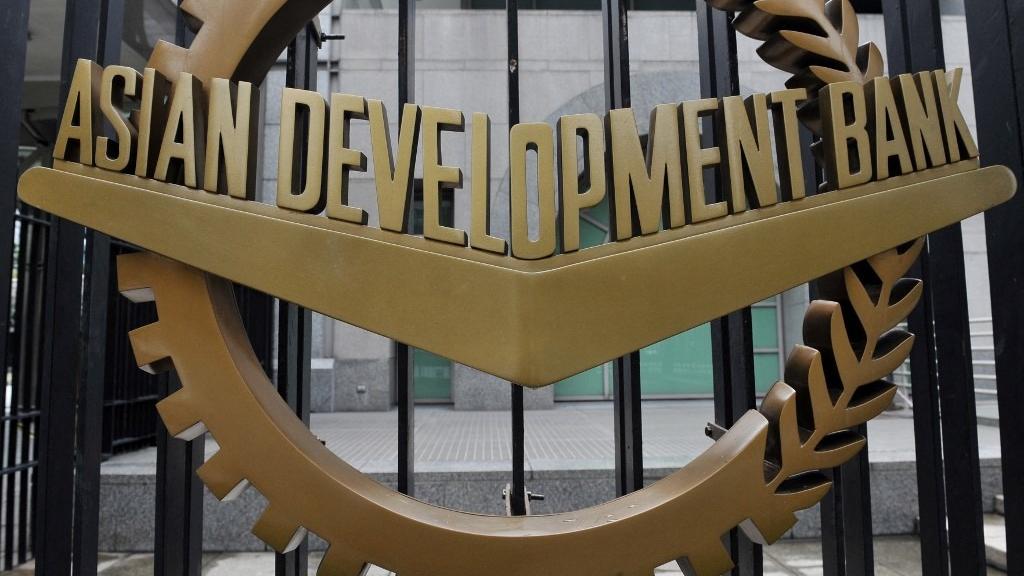 This file photo taken on Sept 2, 2010 shows the logo of the Asian Development Bank (ADB) displayed outside its headquarters in Manila . (TED ALJIBE / AFP)
This file photo taken on Sept 2, 2010 shows the logo of the Asian Development Bank (ADB) displayed outside its headquarters in Manila . (TED ALJIBE / AFP)
MANILA - The Asian Development Bank on Tuesday said it will support low-carbon and climate-resilient infrastructure projects in Southeast Asia and accelerate the region's recovery from the COVID-19 pandemic.
The Manila-based bank made the announcement at the 26th United Nations Conference of Parties on Climate Change held in Glasgow.
It said four partners have collectively pledged $665 million toward Green Recovery Platform managed by the ADB.
The ASEAN Green Recovery Platform forms part of the Asia Development Bank's commitment to raising its ambition for 2019-2030 cumulative climate financing to $100 billion while ensuring that at least 75 percent of the projects will address climate change mitigation and adaptation by 2030
"The Association of Southeast Asian Nations countries have a unique opportunity to build a green and inclusive future after the COVID-19 pandemic," said ADB President Masatsugu Asakawa who attended the launch event with ministers and senior officials from ASEAN and partner countries.
Asakawa said the new funding platform "will help accelerate the flow of investments to support climate-resilient, environmentally sustainable infrastructure projects in Southeast Asia and boost sustainable, equitable development."
The ASEAN Green Recovery Platform forms part of the ADB's commitment to raising its ambition for 2019-2030 cumulative climate financing to $100 billion while ensuring that at least 75 percent of the projects will address climate change mitigation and adaptation by 2030.
ALSO READ: China-ASEAN trade and economic ties deepen
The ADB said the platform will also provide financing and technical assistance to reduce investment risks and catalyze public and private funding for green infrastructure projects that create jobs and bolster growth.
Moreover, it said the platform will support the efforts of ASEAN countries to reach their climate goals under the Paris Agreement and help them strengthen green capital markets, such as by expanding the issuance of green and climate bonds.


